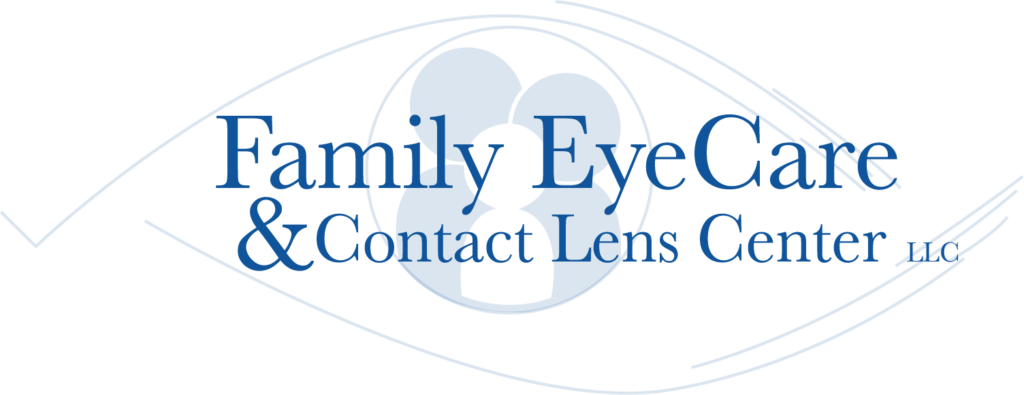A solar eclipse is one of nature’s most awe-inspiring events, and one is occurring on April 8th.
Some parts of the country (Mexico, Texas, Maine, and eastern Canada) will see a total solar eclipse; the last time that happened in the USA was in 2017. The rest of North America will be able to enjoy a partial solar eclipse, provided there are cloud-free skies.
But do you know the dangers of watching a solar eclipse without wearing the correct protection? Read on to learn more about the solar eclipse and how to view it safely without putting your eyes at risk.
What is a solar eclipse?
A solar eclipse happens when the moon passes directly between the Earth and the sun, casting a shadow on part of the Earth’s surface. For a brief period, the moon appears to cover up the sun, turning day into an eerie twilight.
Although there are different types of solar eclipses, a total solar eclipse is by far the most dramatic, causing the moon to completely cover the sun, revealing the sun’s faint outer atmosphere called the corona. A total solar eclipse can last over two minutes, depending on your location.
A partial eclipse is known as an annular solar eclipse. They happen more frequently and occur when the moon is further away, so the sun isn’t completely covered. During an annular solar eclipse, you can see the sun peeking out around the edges of the moon, creating a stunning ring of fire effect. If you’re located like us in Quincy, IL this is the type of eclipse you will be seeing on April 8th.
What happens if I look at a solar eclipse?
The sun is, of course, incredibly bright, and you will damage your eyes if you look directly at it. Exposure to the sun without proper eye protection during a solar eclipse can cause “eclipse blindness” or retinal burns, known as solar retinopathy or solar maculopathy.
Symptoms of eye damage can include blurry vision, a headache, a blind spot in your central vision, increased sensitivity to light, distorted vision (where a straight line looks bent), and changes in your perception of color. Imagine having your picture taken by a camera with a bright flash and the image of the flash never going away.
The damage can be temporary or permanent, and you sometimes won’t notice symptoms for a few hours or days. Unfortunately, there’s no treatment available for solar retinopathy, though you should see your optometrist if you think you may have suffered from it.
The most important thing is to take precautions to avoid it happening.
How to safely watch the eclipse
No matter what type of solar eclipse you’re viewing, it’s crucial to use sufficient solar eclipse eye protection. The sun’s rays can damage your eyes in seconds, even when a good portion of it is covered.
Our top tips for safely viewing the eclipse are:
- Use specific glasses for a solar eclipse – these glasses or viewers must meet the ISO 12312-2 standard to provide sufficient protection.
- Do not remove the solar eclipse viewers while looking at the sun; turn away first and then remove them, even during a total eclipse. Before you go to look back at the eclipse, ensure to place your viewers back on.
- If you wear regular glasses, wear the solar eclipse viewers over them.
- Check your eclipse glasses or viewers to make sure they are not damaged before the event. Look for any scratches or peeling on the lenses as this can compromise the protection they provide. in addition, when you try the eclipse glasses on in natural light, you shouldn’t be able to see any ordinary light through them.
- Never look through a telescope, unfiltered cameras, or binoculars – these will magnify the strength of the sun’s rays and can cause serious, irreversible damage to your eyes.
- Wearing an ISO filter and viewing the eclipse through a camera, telescope or binocular WILL NOT WORK. The optics of the devices would render the ISO filter useless.
- See your local eye doctor if you experience discomfort or vision issues post-eclipse.
Contact us
We hope you enjoy the spectacle of the eclipse safely. Please contact us if you experience any pain or vision issues afterward.
